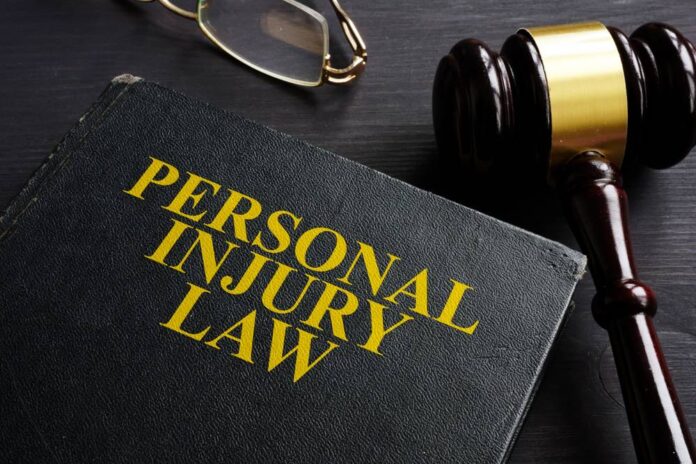When most people think of personal injury, they think of car accidents. However, there are many different types of personal injuries, and each can have a devastating impact on the victim’s life. In this article, we’ll discuss what personal injury means and how to get help if you’ve been injured. We will also inform you why you need an experienced injury lawyer such as The Clark Law Office
Definition of personal injury
Personal injury is defined as an injury to the body, mind, or emotions, as opposed to an injury to property. It can be a physical or psychological injury, and it can be caused by someone else’s negligence or intentional act. Personal injuries can range from a minor cut or scrape to a life-altering injury that requires long-term care.
What are some examples of personal injury?
There are many different types of personal injuries, but some of the most common include:
• Car accidents
• Truck accidents
• Motorcycle accidents
• Bicycle accidents
• Pedestrian accidents
• Slip and fall accidents
• Dog bites
• Medical malpractice
If you’ve been involved in any type of accident that resulted in injury, it’s important to seek medical attention as soon as possible. Even if your injuries seem minor, it’s always best to get checked out by a doctor. Some injuries, such as whiplash, may not show symptoms until days or weeks after the accident. If you wait too long to see a doctor, it may be more difficult to prove that your injuries were caused by accident.
Who can sue for personal injury?
If you’ve been injured in an accident that was someone else’s fault, you may be able to file a personal injury lawsuit. In a personal injury lawsuit, the person who was injured (the plaintiff) sues the person or entity responsible for the accident (the defendant). The goal of the lawsuit is to recover damages, which are monetary compensation for the injuries suffered. There are four elements of a personal injury claim: duty, breach, causation, and damages.
Duty: The defendant owed the plaintiff a duty of care. This means that the defendant had a responsibility to take reasonable steps to prevent harm.
Breach: The defendant breached that duty by failing to take reasonable steps to prevent harm.
Causation: The defendant’s breach of duty caused the plaintiff’s injuries.
Damages: The plaintiff suffered damages as a result of the defendant’s actions.
To succeed in a personal injury lawsuit, the plaintiff must be able to prove all four elements of the claim. An experienced personal injury attorney can help you gather evidence and build a strong case to support your claim.
How much money can I get in a personal injury lawsuit?
The amount of money you can recover in a personal injury lawsuit will depend on the severity of your injuries and the circumstances of your case. In general, you may be able to recover economic damages, which are costs related to your injuries, such as medical bills, lost wages, and property damage. You may also be able to recover non-economic damages, which are more subjective costs, such as pain and suffering and emotional distress. In some cases, you may also be able to recover punitive damages, which are designed to punish the defendant for particularly reckless or negligent behavior.
What is the statute of limitations for personal injury lawsuits?
The statute of limitations is the deadline for filing a personal injury lawsuit. In most states, the statute of limitations is two years from the date of the accident. This means that you have two years from the date of the accident to file a lawsuit. If you don’t file within that time frame, you will likely be barred from doing so.
The statute of limitations may be different if the victim is a minor or if the defendant is a government entity. It’s important to talk to an attorney as soon as possible after an accident to make sure you don’t miss the deadline for filing a lawsuit.
Tips for getting the best personal injury settlement.
Understandably, you want to receive full and fair compensation for your injuries, but the insurance company will likely try to lowball you. Here are some tips for getting the best personal injury settlement:
1. Don’t accept the first offer: The insurance company’s first offer is almost always low. They know you need money, so they start with a low offer in the hopes that you’ll take it.
2. Get everything in writing: Once you reach an agreement with the insurance company, get it in writing before you sign anything. This will help avoid any misunderstandings about the terms of the settlement.
3. Don’t delay: The longer you wait to file a personal injury lawsuit, the harder it will be to win your case. Evidence may disappear, and witnesses’ memories may fade.
4. Hire an experienced attorney: An experienced personal injury attorney will know how to build a strong case and negotiate with the insurance company to get you the best possible settlement.






















